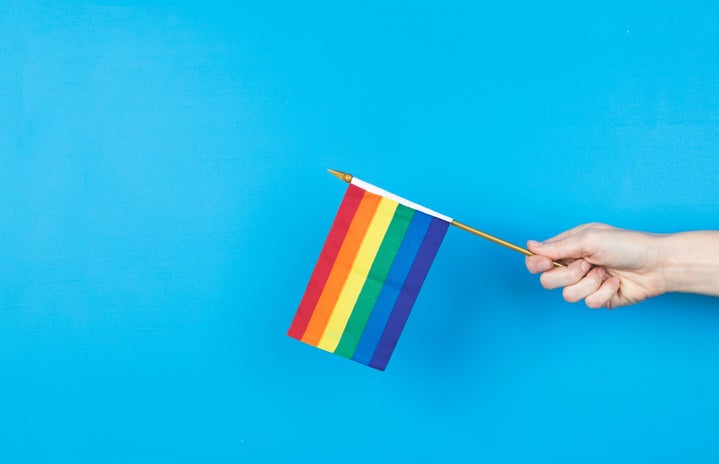Matt Crowley’s pioneering play, The Boys in the Band, premiered off-Broadway in 1968 during the age of the harmful effects of McCarthyism and the subsequent persecution of the LGBT community. The Stonewall uprising, which marked the start of the queer liberation, was still one year away. The play depicts gay culture in a world without the turmoils or triumphs of the gay rights movement, and years before the AIDS crisis.
The play was revived on Broadway for its 50th anniversary in 2018, and the cast of this revival is also in the latest and most accessible return of the play as a movie adaptation on Netflix in 2020. This feels like the peak of its rehabilitation as an essential part of gay history, enshrined by a gay director, Joe Mantello; a gay producer, Ryan Murphy; and an entirely out gay cast that includes familiar faces Jim Parsons, Zackary Quinto, and Matt Bomer. It is especially heart-warming to see this new generation of queer actors take up the mantle as it is representative of the LGBT talent lost in the AIDS crisis (over a third of the original cast members and the play’s original director sadly passed away from AIDS and AIDS-related illnesses in the ‘80s and ‘90s).
The movie (and play) basically revolves around a group of gay men who gather for a birthday party in New York City in 1968. The evening turns upside down when an unexpected guest shows up. As the night wears on, feelings and bitter truths emerge. The film deals with internalized homophobia among other things, and there is some valid criticism that The Boys in the Band reinforces stereotypes of the so-called “gay experience”, and criticism about the moral ambiguity of the characters (such as the somewhat antihero host of the party, Michael). However, I believe that while these characters might seem out-dated and hard to watch for modern viewers, these “flaws” are the direct result of society’s cold, thoughtless rejection of these men. As gay characters surviving in the sixties, it is not their responsibility to make modern viewers comfortable.
When I first heard of the movie, even I thought, “No, thanks. During this existential threat to gay lives, I don’t need a play/film that seems to just confirm all the worst things said by straight people about the LGBT community”. However, when I watched it anyway, I understood that The Boys in the Band is an art piece made for our generation. It is a time capsule, sure, but also a rich and complicated truth session from an artist who didn’t really care about the impression it made on straight people – it didn’t belong to them. It reminds viewers that gay characters do not need to be perfect, or charming, or even particularly good people to “deserve” compassion and respect.
Of course, The Boys in the Band is not as socially significant as it once was, but it is still relevant. Times have changed, but there is still enough insight for new audiences to gain from this. I love the fact that nowadays LGBTQ representation on TV is expanding beyond just highlighting the struggles faced by the community but rather focusing more on them doing normal, simple activities like everybody else – for example, sitcoms Schitt’s Creek and Brooklyn Nine-Nine. These shows do an excellent job normalizing LGBTQ relationships and featuring LGBT+ characters without basing their entire personalities on their sexualities. We definitely need more of this. Granted, The Boys in the Band does not really do this, but that is because it is more of a period piece. The Boys in the Band was written in a time when these stereotypes weren’t common, and the characters were just meant to represent a small, specific, imperfect community rather than the diverse reality of the LGBTQ+ experience. You still get a nice raw theatrical experience with the Netflix film, and it serves as a good marker for how things were, how much has changed, and how much more needs to change. I think it is definitely worth a watch!


